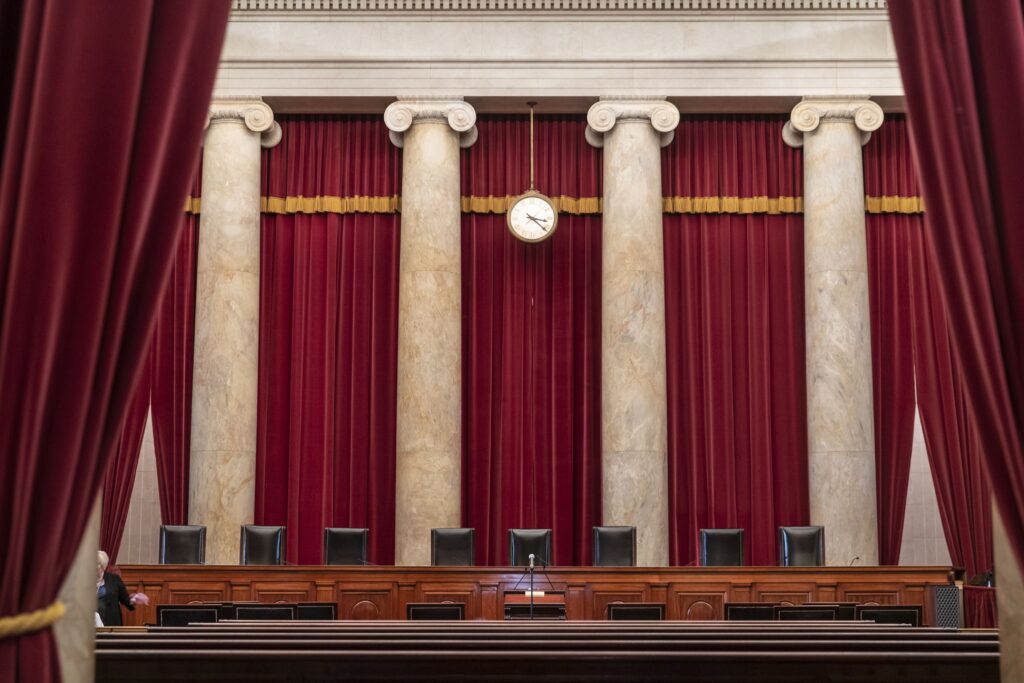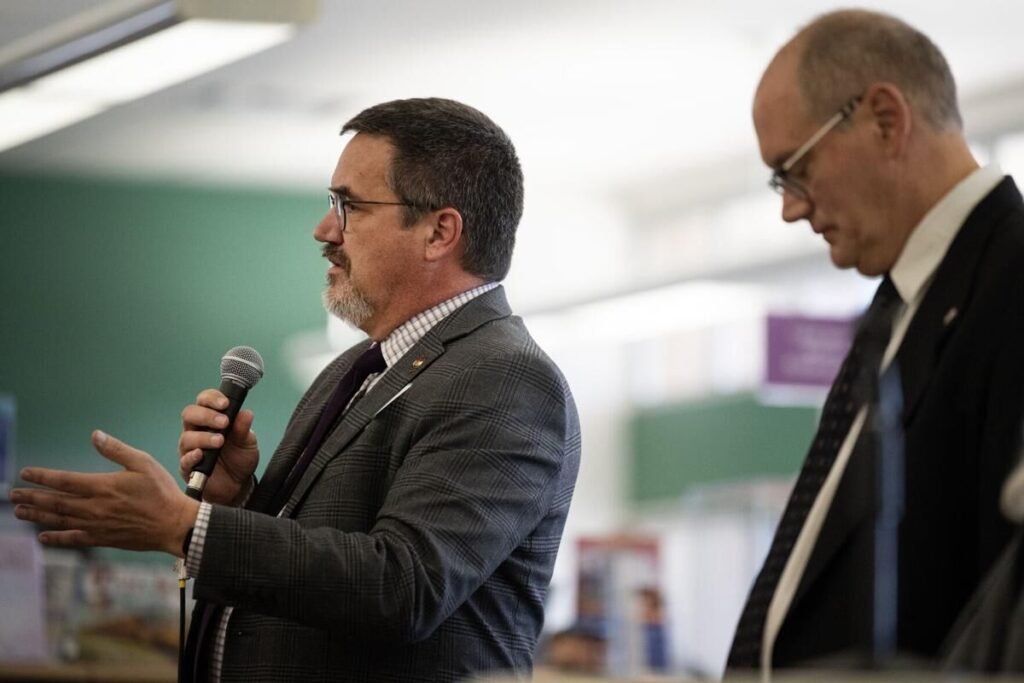‘Fundamentally unjust’: Colorado federal judge’s commentaries on fairness stand out
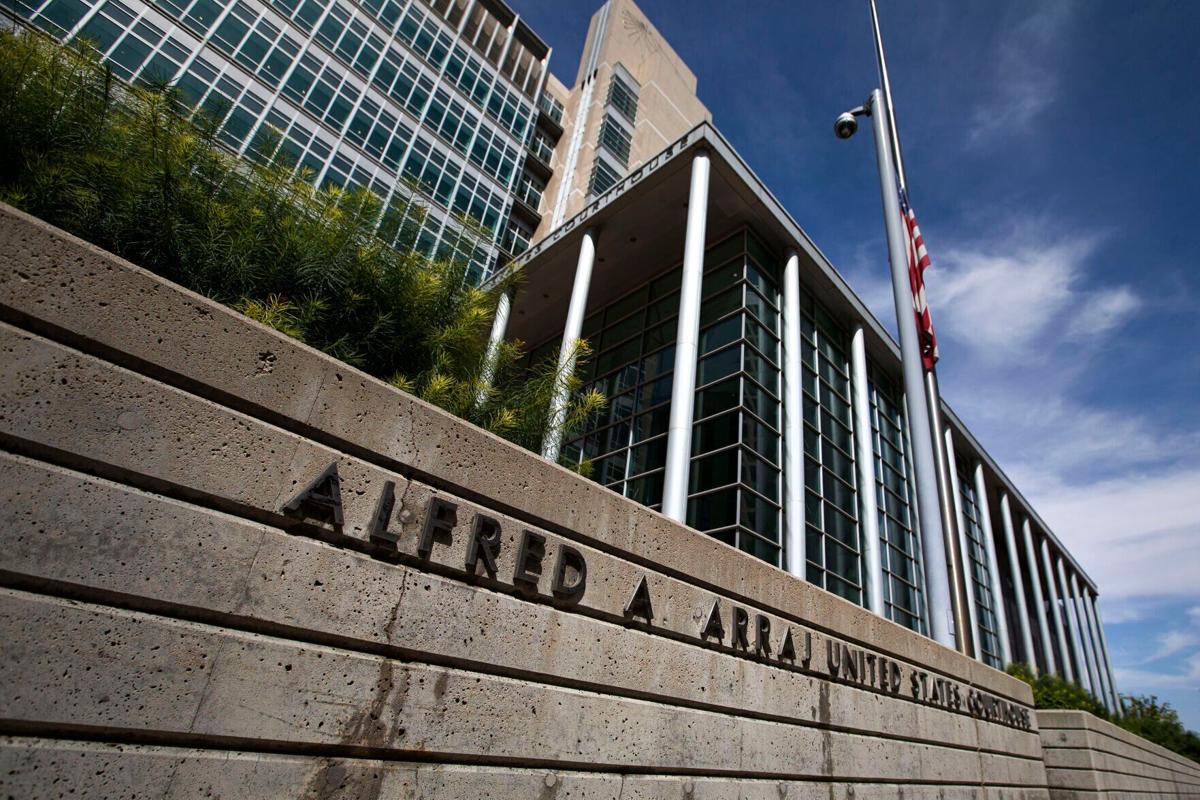
Timothy Hurst, The Denver Gazette file
Two years ago, a federal judge in Colorado dismissed a lawsuit from a man who alleged federal prison guards enlisted another inmate to assault him. His assailant even submitted a statement saying as much.
Yet, the plaintiff, who would have had “very strong claims” were he in a state facility, could not sue because of the restrictions the U.S. Supreme Court has established to shield federal employees from liability, noted U.S. District Court Senior Judge William J. Martínez. Then he went a step further.
“Congress must act promptly to rectify this gaping void in the remedies available to federal prisoners subjected to unconscionable misconduct on the part of federal corrections officers,” Martínez wrote, calling it a “fundamentally unjust legal state of affairs.”
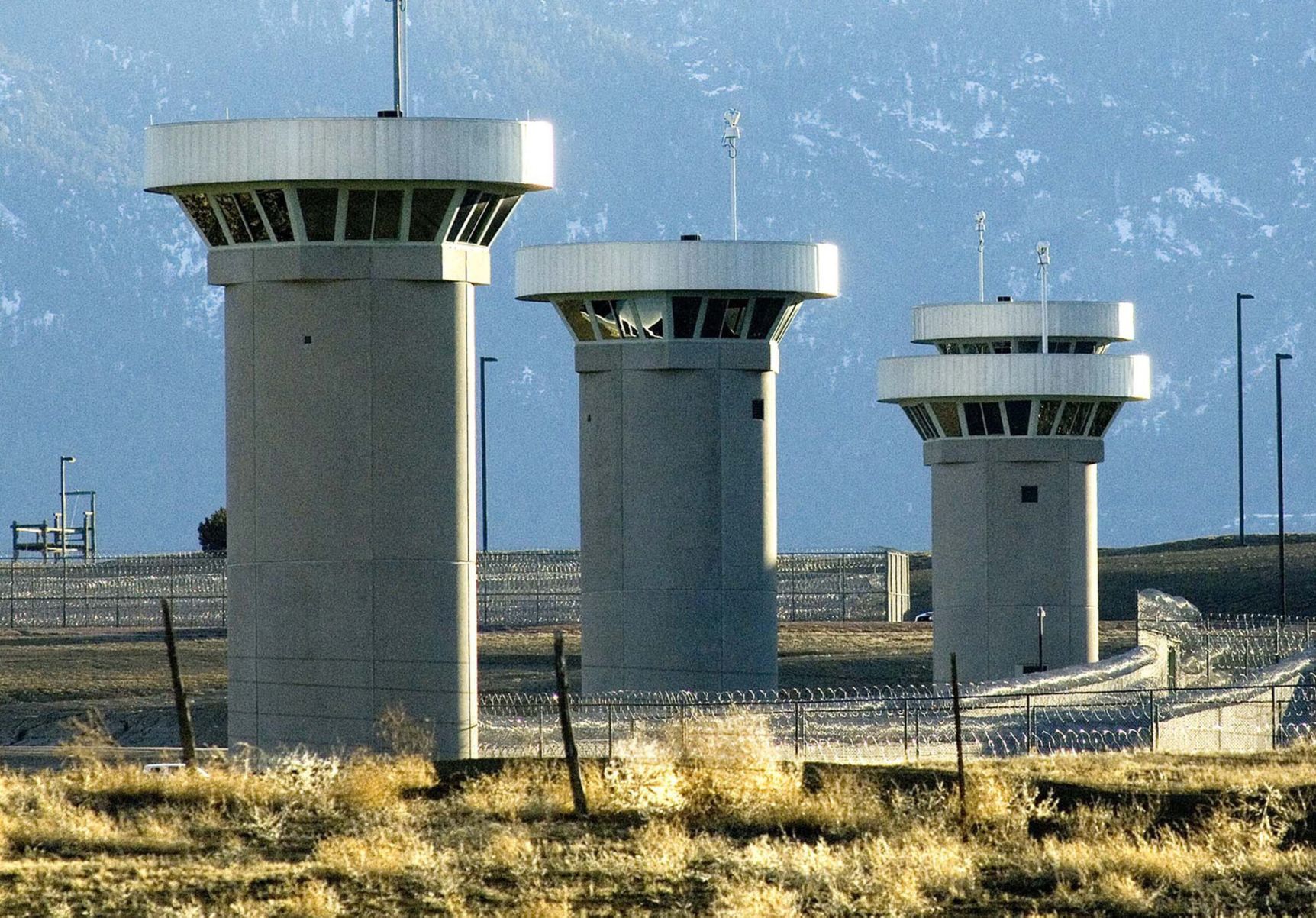
Recently, Martínez again found himself dismissing claims by a group of plaintiffs who survived or lost family members in the 2022 mass shooting at a Colorado Springs LGBTQ nightclub. Among the defendants were the property owners, whose alleged security deficiencies may have contributed to the massacre, and elected officials in El Paso County, who allegedly acted with indifference toward a legal tool that could have dispossessed the perpetrator of his firearms.
Martinez criticized the Colorado legislature for having “essentially given landowners carte blanche to implement zero safety precautions against obvious — or even known — threats of violence by deranged individuals.”
And the local Republican leaders of El Paso County, in his view, “defiantly did nothing, contemptuously ignoring the will of the people, and refused to avail themselves of the critical tool the legislature had just equipped them with — the tool that might have prevented the monstrous and bloody act.”
Voice for the ‘everyday person’
For Alejandro A. Ortiz, one of Martínez’s first law clerks and now senior counsel with the American Civil Liberties Union in New York, the commentary illustrated a desire to call attention to barriers preventing plaintiffs from holding accountable those who may have caused their injuries.
“I have always considered him to be a voice, if not a champion, of the everyday person wronged by more powerful societal forces, which is among the reasons I wanted to clerk for him,” said Ortiz. “And, as should be obvious, remedies are essential for those whose rights have been violated by state and other actors; otherwise, what is the point of having a right?”
Martínez joined the federal bench in December 2010 as a Barack Obama appointee, and has since taken a form of semi-retirement known as senior status. Prior to being a judge, he spent time as an employment discrimination attorney and a volunteer for the presidential campaigns of Democrats Obama and Al Gore. He also testified to the Colorado legislature in favor of workers’ rights and anti-discrimination measures.
Martínez declined to comment about his recent statements and his motivations for speaking out against barriers to legal liability.
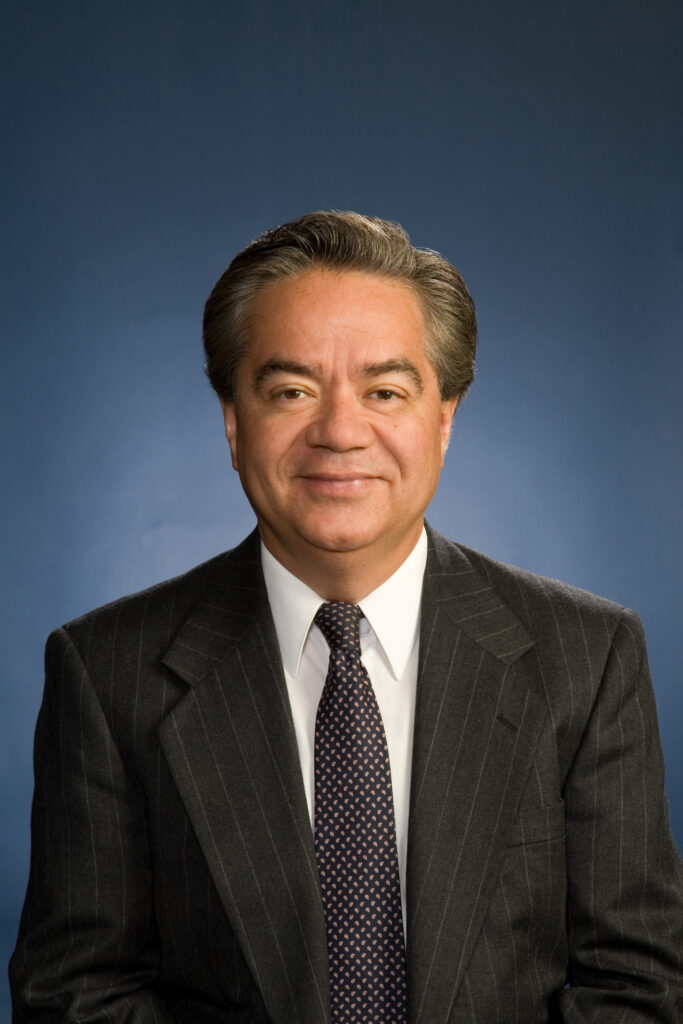
Martínez’s position as a life-tenured judge “affords him and other judges the job security to allow them to fully air their views on the justice of the causes before them,” said Ortiz. “This was, to my mind, an intended feature of our Constitution. If he were sensitive to the political winds of any given moment, he might say nothing. “
Arthur D. Hellman, a federal courts scholar at the University of Pittsburgh’s law school, said he understood what Martínez is doing — to a point.
“It does show that judges can and, in my view, generally do separate their view of justice from their application of the law. Here we have this judge who obviously feels very strongly about what the law ought to be, but recognizes that is not what the law is,” he said. “So many people tend to think, ‘Well, judges rule the way they do because that’s what they think is good policy.’ I won’t say judges never do that, but I think most judges — particularly federal judges — generally recognize that their obligation is to apply the law even though they don’t agree with it or even though it leads to results they think are quite deplorable.”
However, Hellman disagreed with Ortiz that the drafters of the Constitution intended to give federal judges the freedom to air their views on policy. He believed judges do have some license to speak publicly on matters they experience closely — like federal judicial administration or rights available under federal law.
What is “not so easily justified,” Hellman continued, is Martínez’s commentary upon actions by the state legislature or local officials.
Where state lawmakers have recently spoken on an issue, “I think it’s at least a little bit out of line for a federal judge to weigh in and say, ‘You made the wrong decision,'” he said. “I don’t think there’s any ethical issues. Judges, I think, in their opinions, have pretty wide leeway to talk about what the law should be. But I think it’s imprudent for a federal judge to use his position in this way.”
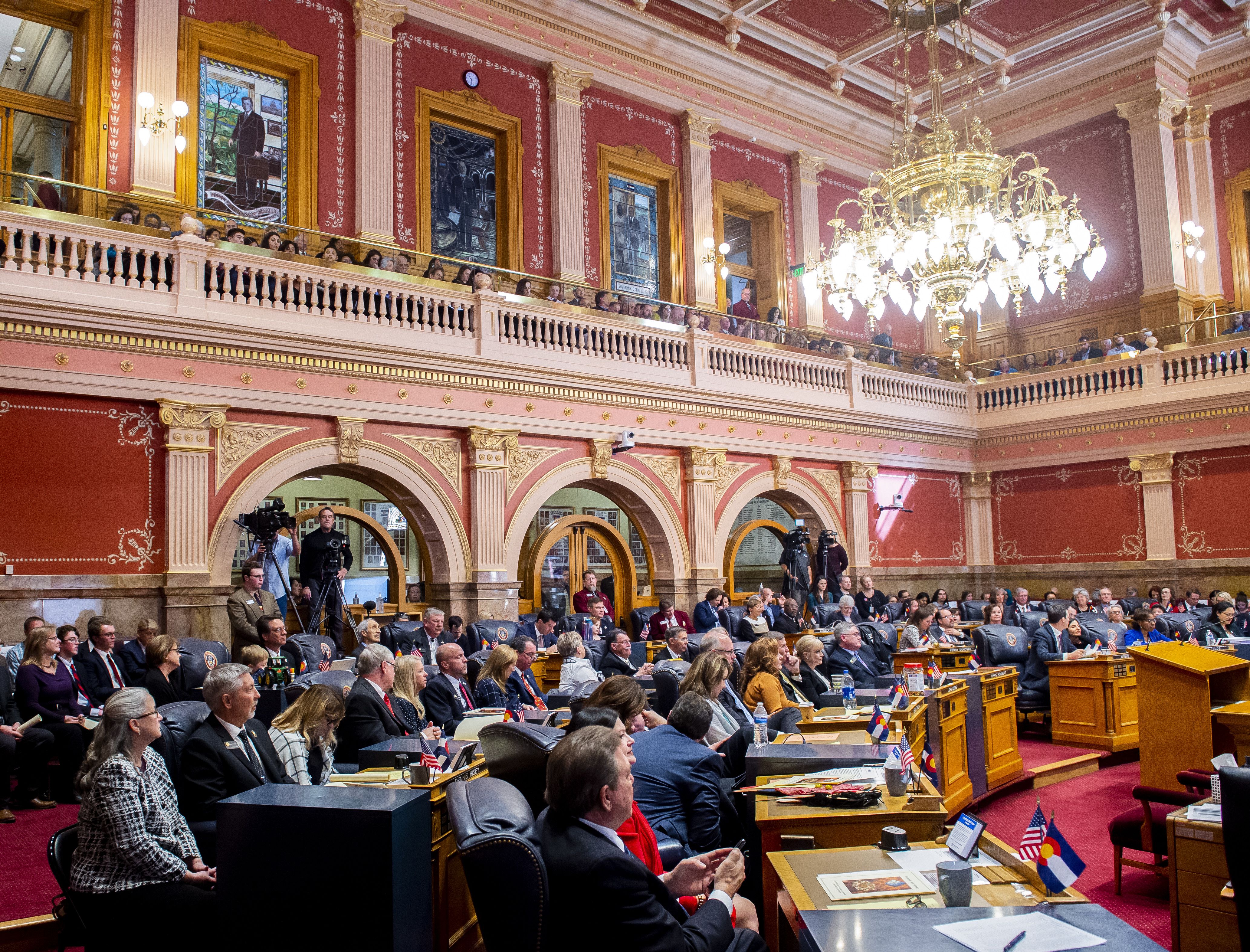
An eye toward consequences
Leah Litman, a University of Michigan law professor and co-host of the Supreme Court-centered podcast “Strict Scrutiny,” countered that the issues Martínez raised were squarely before him in a live case.
“I think it can oftentimes be very helpful for judges who are more on the front lines, who see more of this litigation in person, to describe, ‘Here is how I see this doctrine or this area of law playing out. Here is what I observe as the consequences’,” she said. “I think it can also be really helpful for legislators as they are thinking about amending the law. I think it can be helpful for the broader public when these statements get picked up.”
Litman added some judges can strike the “wrong balance.” She pointed to Judge James C. Ho of the New Orleans-based U.S. Court of Appeals for the Fifth Circuit, who recently used a concurring opinion in a death penalty case to criticize judicial oversight of the government’s immigration-related actions. On the other hand, Judge Don R. Willett, also of the Fifth Circuit, condemned in 2021 the same “rights-without-remedies regime” that Martínez identified in the Colorado prison assault case.
With Martínez, “my view is this is a judge who has seen a lot and heard a lot and is doing his best to kind of share what he has learned on the job in the format that he has,” said Litman.
Hellman suggested that judges in Martínez’s shoes should “hold their fire for situations where it’s a real injustice” and someone in a position to make change is listening. Moreover, tone matters.
“I think it can be done and generally should be done,” he said, “in a less angst-ridden manner.”


